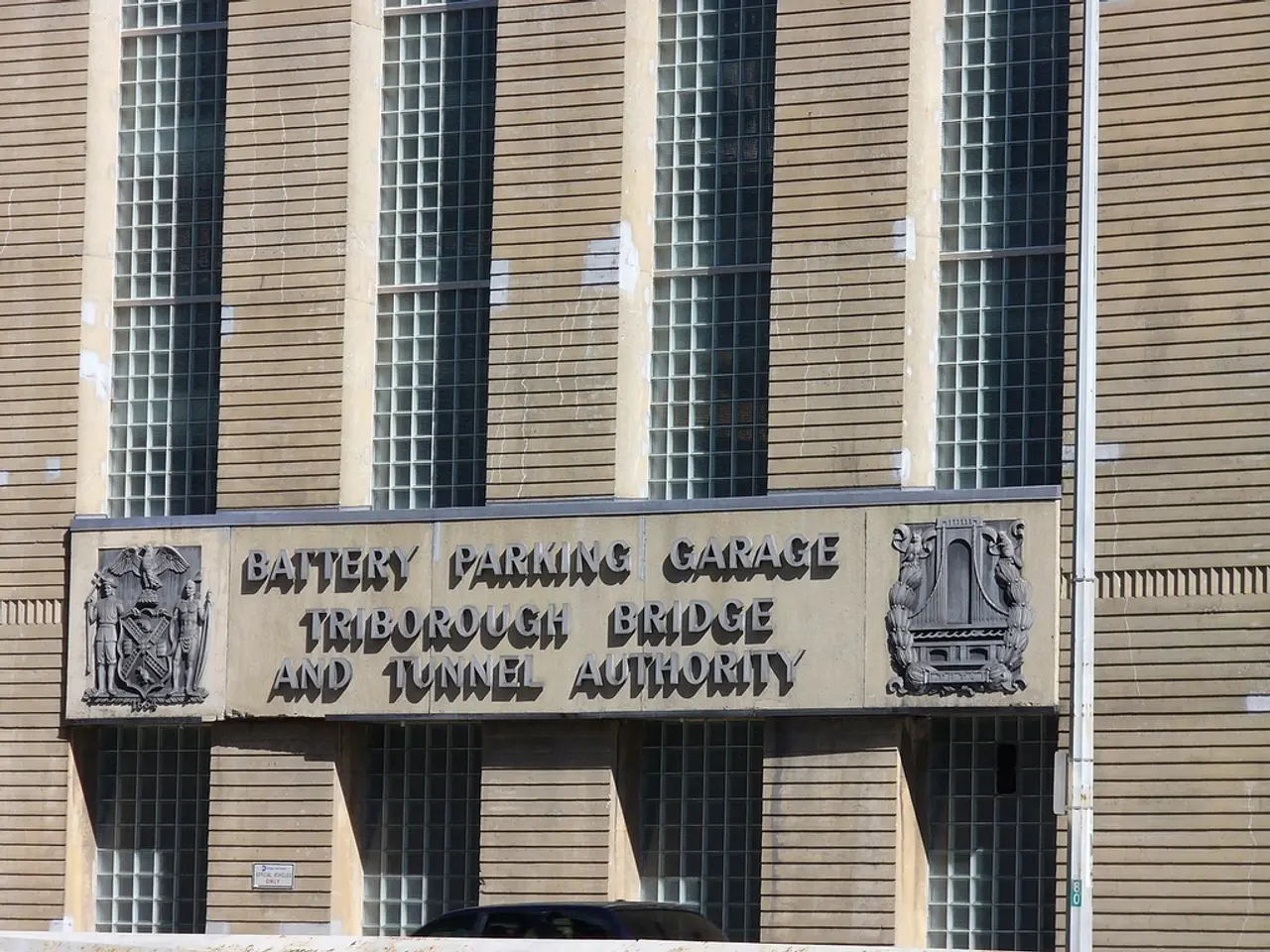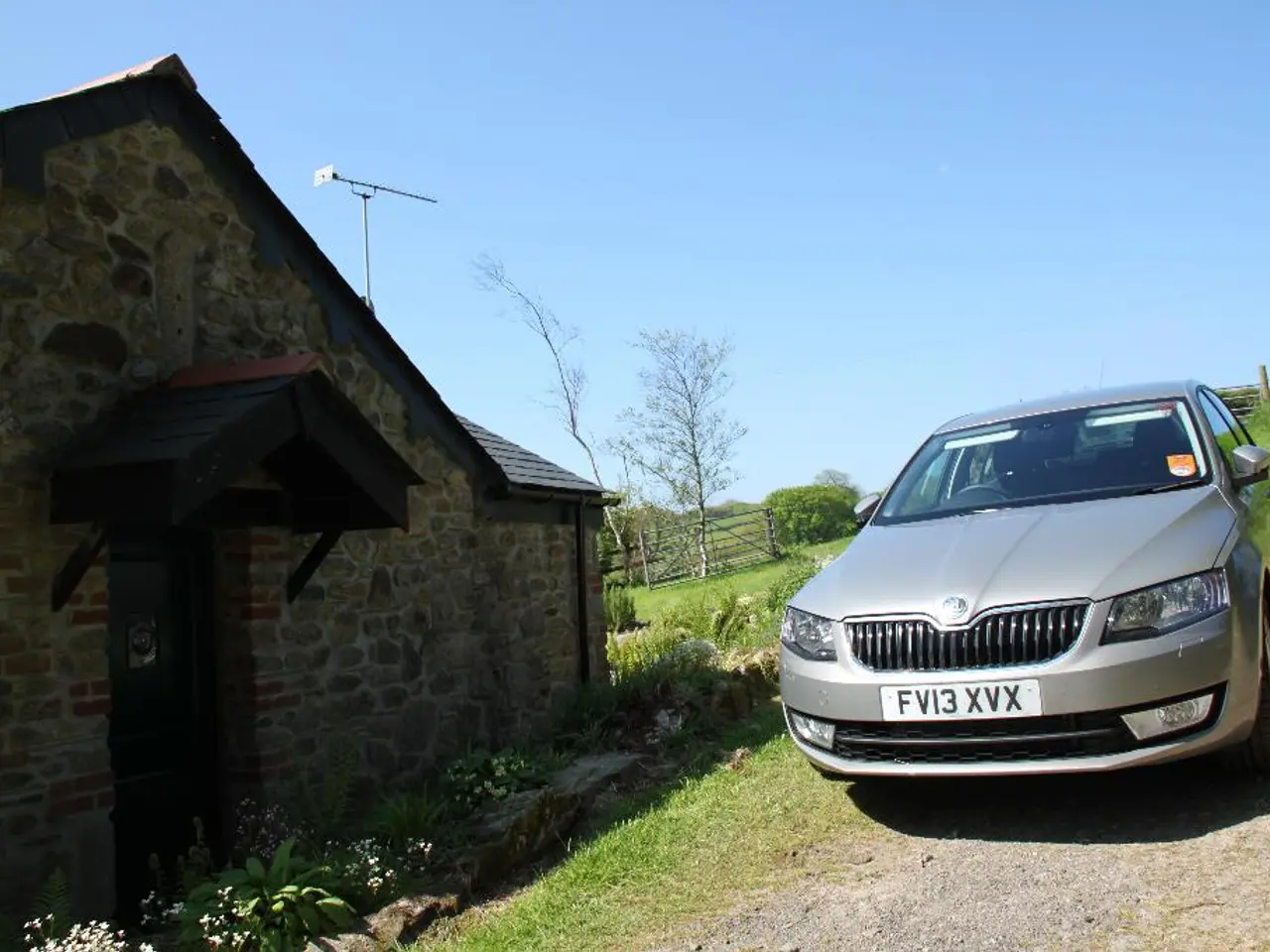UK's energy pricing system is denounced as "sluggish" by Martin Lewis, who foresees an escalation in energy bills by £100.
In the face of an impending energy price rise, Martin Lewis, the founder of MoneySavingExpert, has sounded the alarm. He claims that the current energy pricing system is flawed, allowing companies to charge the maximum permitted under the cap without offering competitive deals.
Despite Lewis's repeated calls for a social tariff in the energy market, no major changes have been made as of August 2025. A social tariff would offer discounted energy rates for low-income households and those in vulnerable situations, providing direct, ongoing financial relief on their energy bills.
The energy price cap for households on standard variable tariffs was set at £1,720 per year from July to September 2025, reflecting a 7% decrease compared to previous levels. However, this still represents a significant burden for many households. Notable market activity shows that fixed tariffs, some of which are available below the price cap, are an option for customers, including vulnerable ones, to potentially lower their bills.
Vulnerable consumers currently rely on existing support schemes such as the Warm Home Discount and other benefits rather than a dedicated social tariff. As of mid-2025, there is no indication in the recent data that the UK government has implemented or actively proposed a new social tariff specifically targeted for energy prices to assist vulnerable consumers.
The debate over fair pricing and consumer protection in the energy market is intensifying due to rising costs. Martin Lewis has criticized the current system, calling it "broken" and "turgid". He has urged the government to introduce a social tariff to protect vulnerable consumers, citing the success of similar models in other sectors, such as broadband and water.
The real excess profits in the energy sector are made by energy generators, not retailers, according to Lewis. He has repeatedly called on the government and Ofgem to implement similar protections in the energy market as in other sectors.
As the predicted increase for the average household ranges between £60 to £100, the need for a solution like a social tariff becomes more urgent. The energy price cap is expected to increase by up to £100 in April 2025.
In summary, while energy prices remain elevated and challenging for vulnerable consumers, no current social tariff scheme is in place as of August 2025. Support is provided primarily through the energy price cap, fixed-tariff options, and other social benefits. Any social tariff would likely improve affordability and reduce energy poverty if introduced in the future.
- Martin Lewis, the founder of MoneySavingExpert, has raised concerns about the energy pricing system, asserting it is flawed and allows companies to charge the maximum allowable under the cap without offering competitive deals.
- A social tariff, proposed by Lewis, would offer discounted energy rates for low-income households and those in vulnerable situations, providing direct, ongoing financial relief on their energy bills.
- As of August 2025, no major changes in the energy market regarding a social tariff have been made, despite Lewis's repeated calls.
- The energy price cap for households on standard variable tariffs is set at £1,720 per year from July to September 2025, but this still represents a significant burden for many households.
- The debate over fair pricing and consumer protection in the energy market is becoming more intense due to rising costs, with Lewis criticizing the current system as "broken" and "turgid."
- Lewis contends that the real excess profits in the energy sector are made by energy generators, not retailers, and has urged the government and Ofgem to implement similar protections in the energy market as in other sectors.
- With the predicted increase for the average household ranging between £60 to £100, the need for a solution like a social tariff becomes more urgent, as the energy price cap is expected to increase by up to £100 in April 2025.




